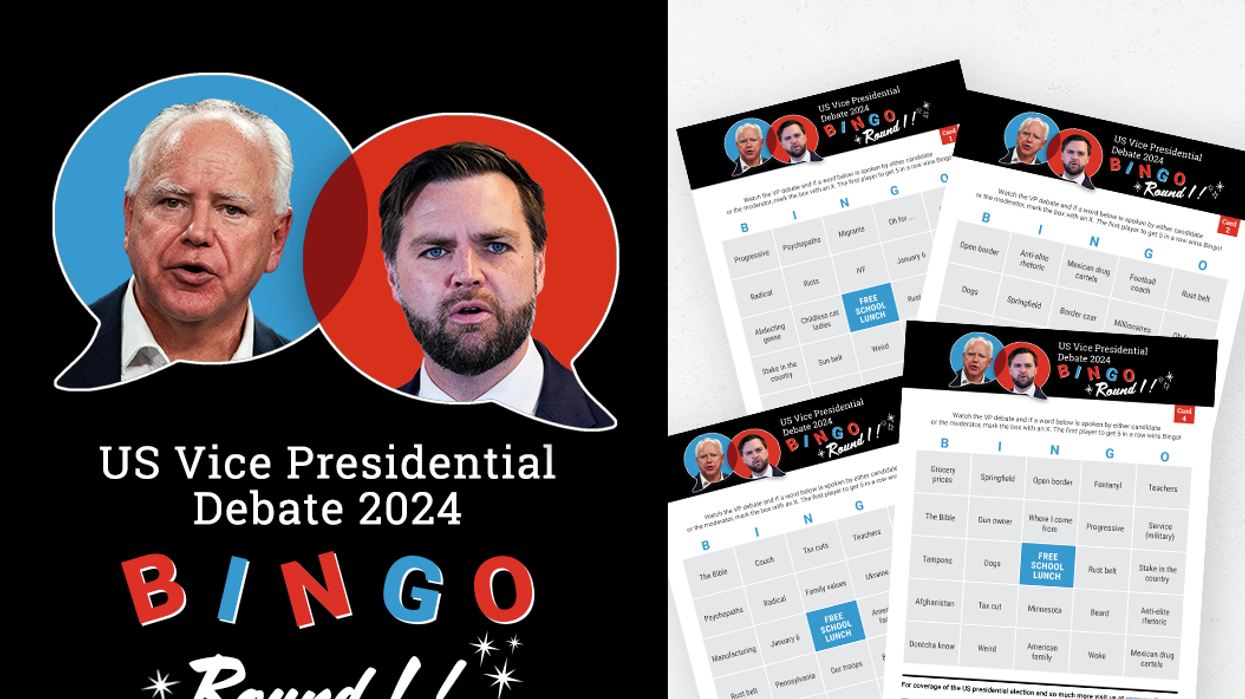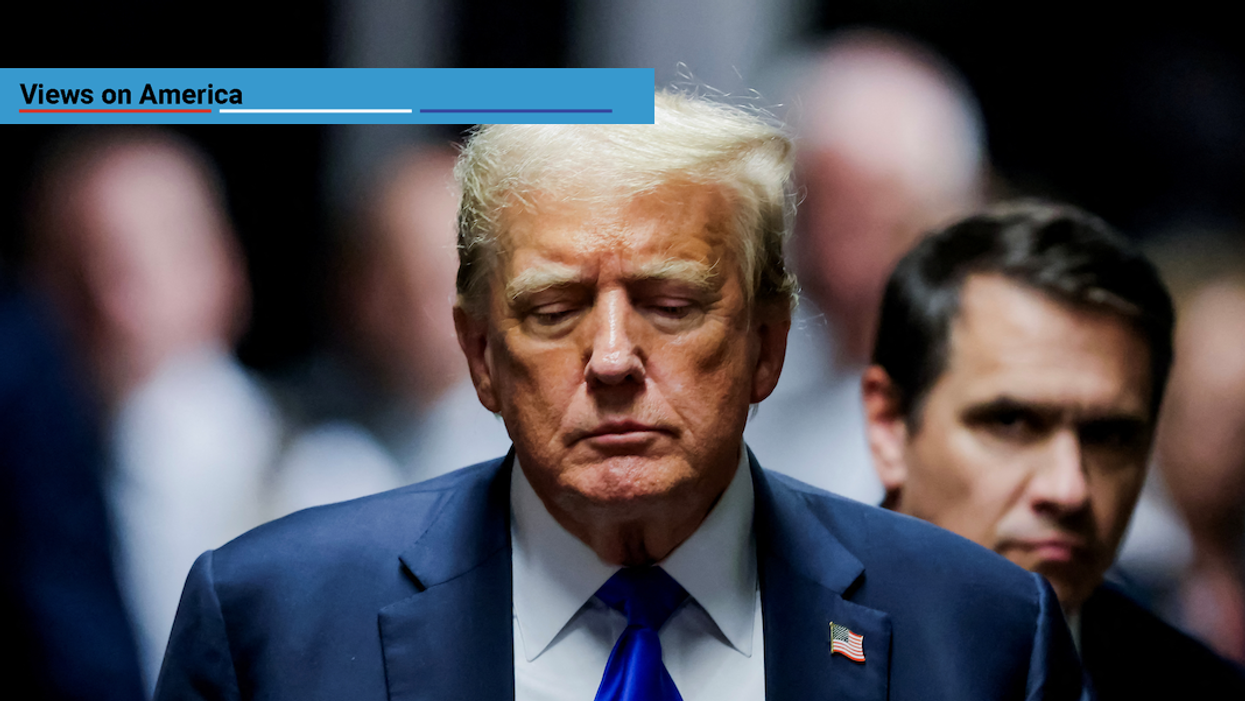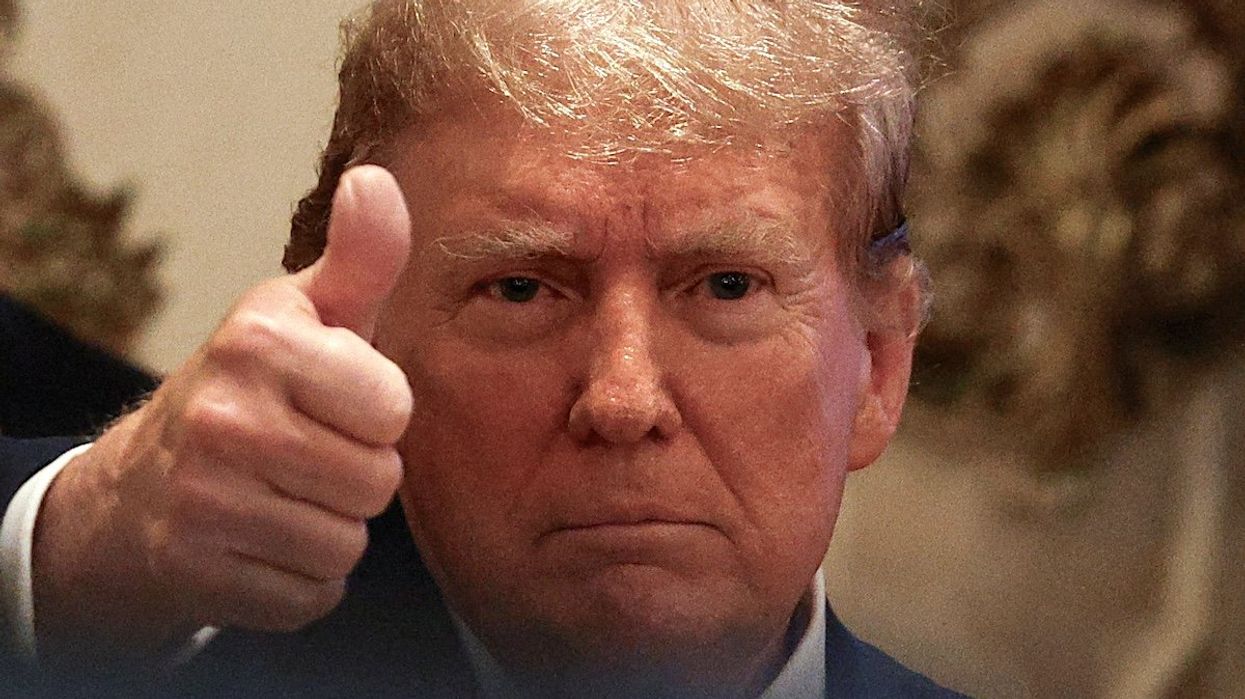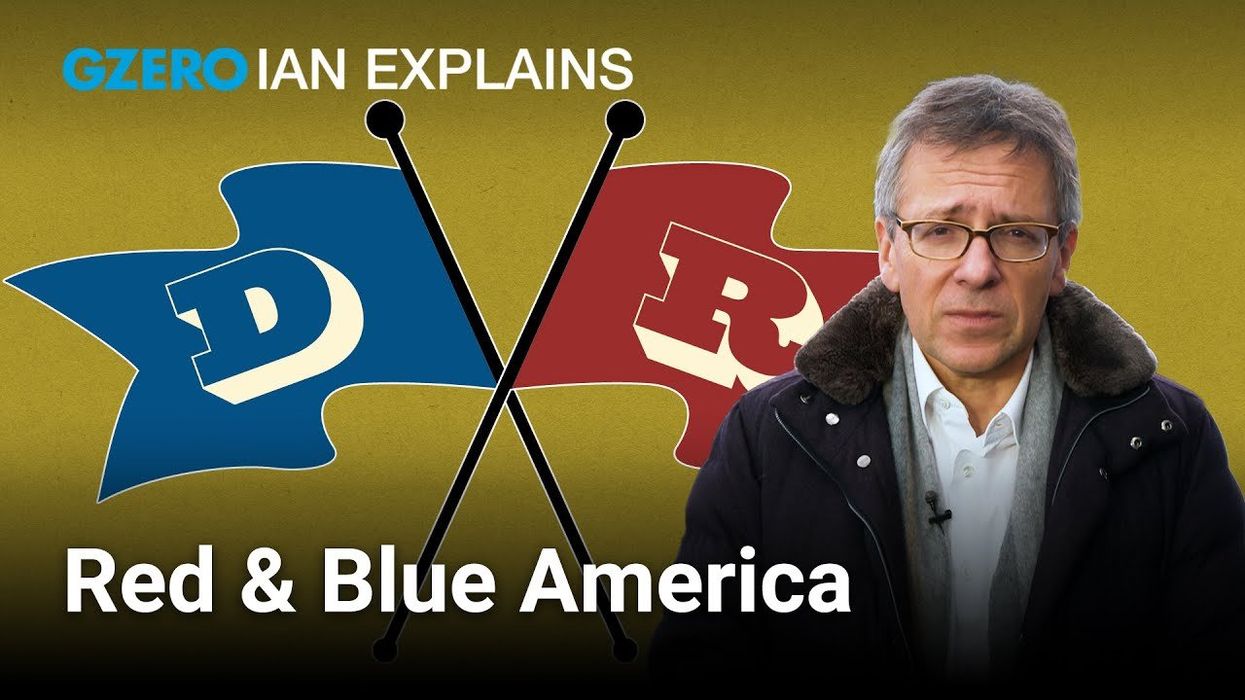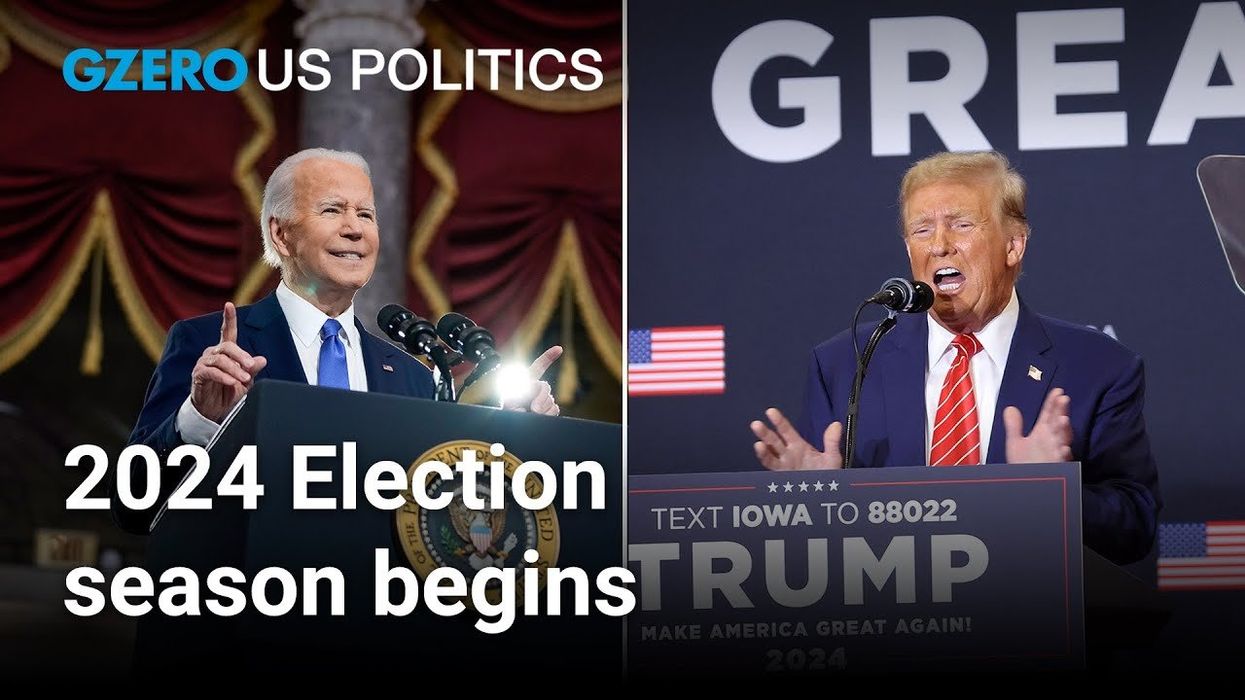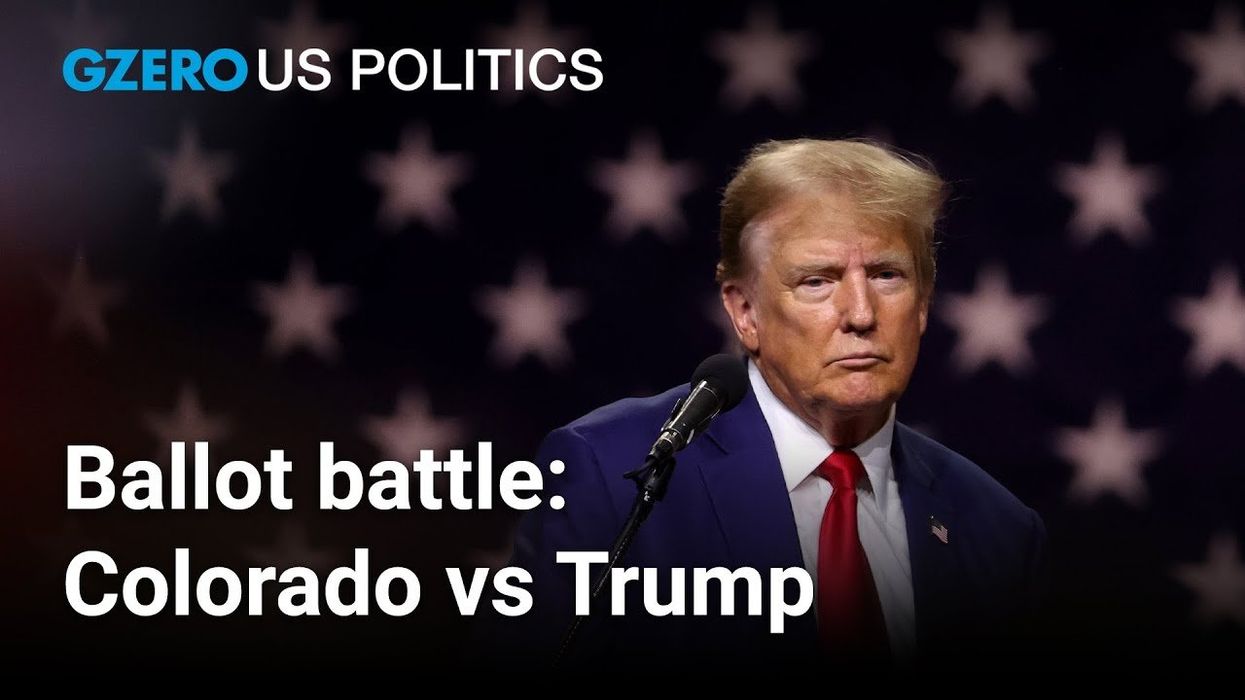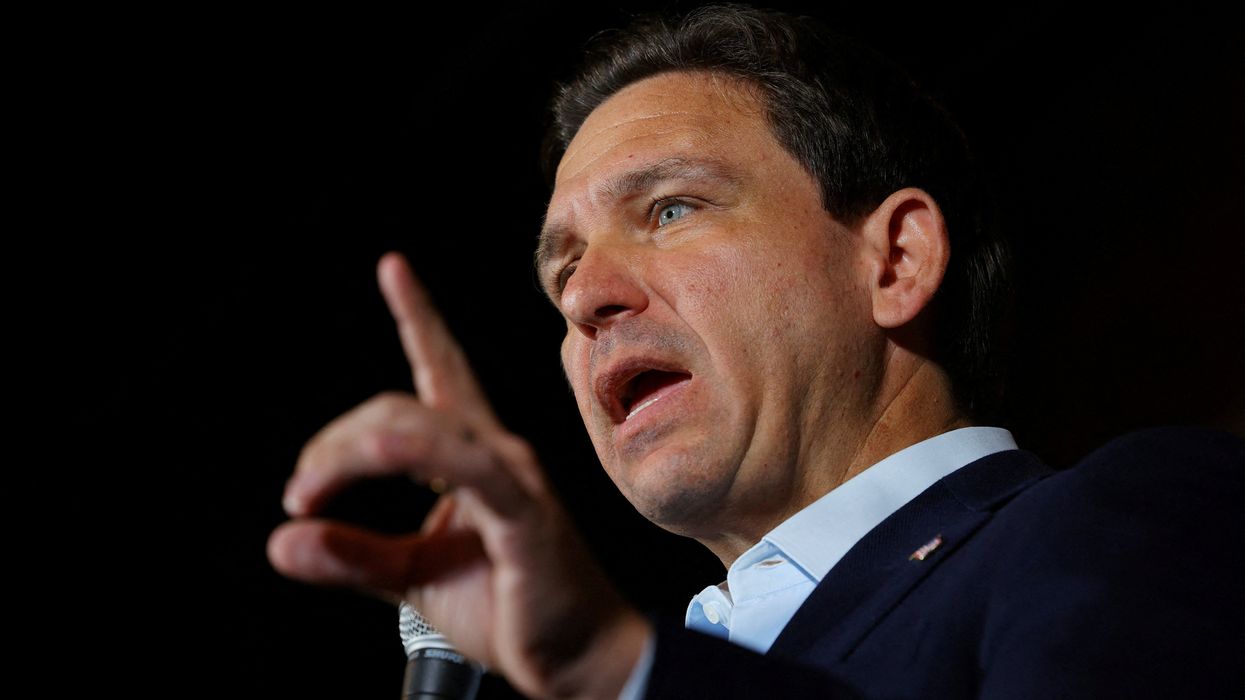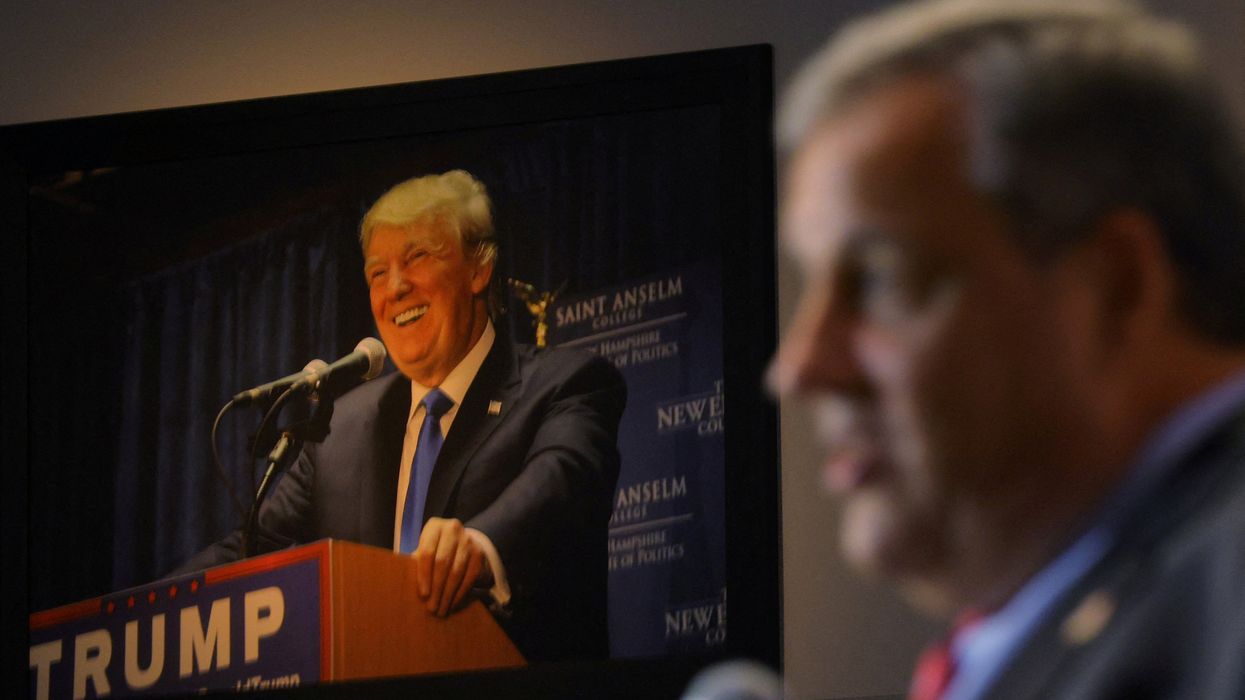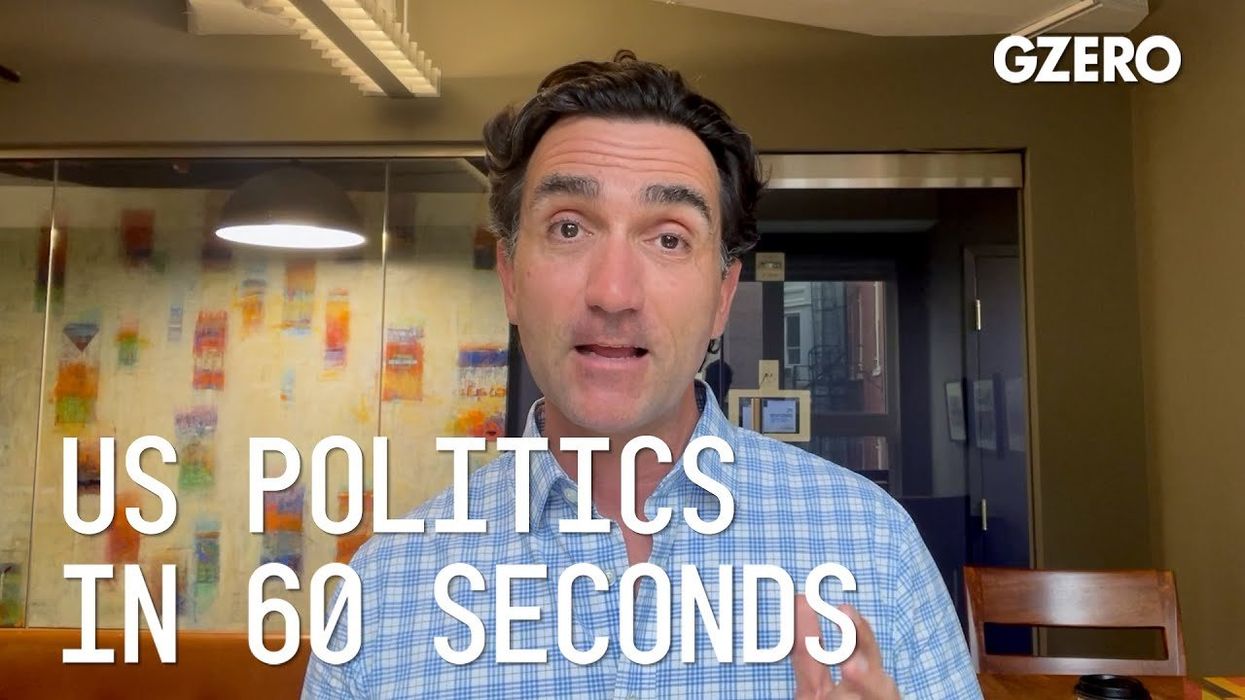US Election
Debate Bingo, VP edition: Tim Walz v. JD Vance
Tim Walz and JD Vance are set to face off in their first vice presidential debate of the 2024 US election campaign on Tuesday, October 1. You know what that means: it’s time for another round of DEBATE BINGO!
Sep 30, 2024
